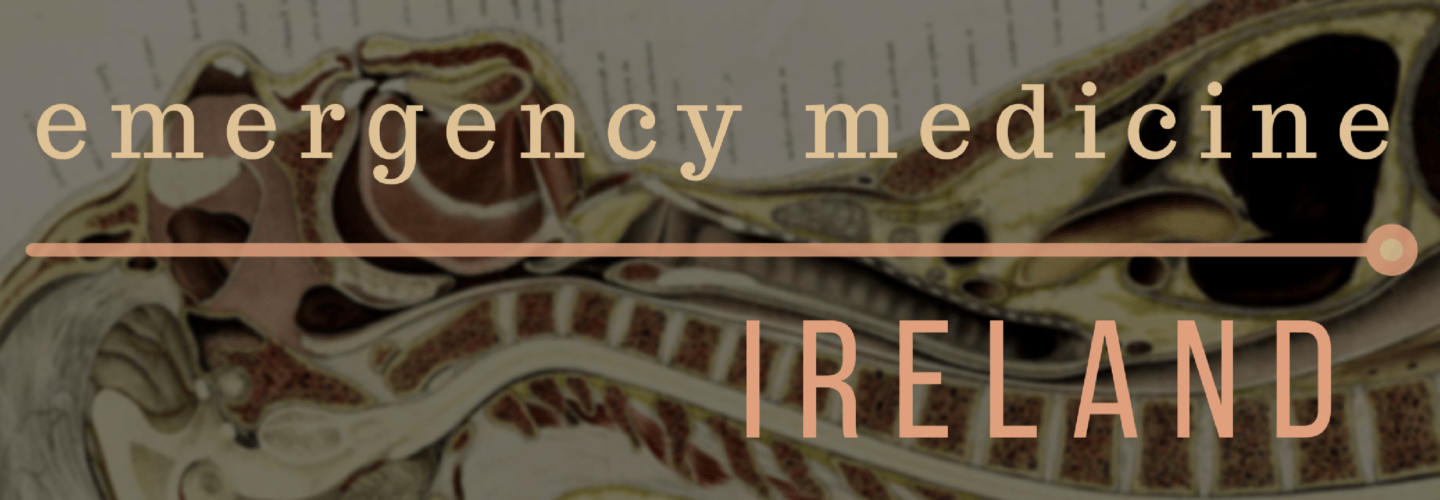[Previously posted over here, referencing this song]
If the New England Journal of medicine turn me down I might try the Journal of Silly and Unreproducible results
Introduction
Primary prevention forms a large part of a primary care physicians work load. Numerous guidleines exist to manage high cholesterol, high blood pressure etc. Many physicians are paid by results of such targets or at least by monitoring these markers as indicators of “performance”
Risk calculators use this data to provide a risk estimate of outcomes such as heart attack or stroke over a 10 year period
These calculators typically place paients int one of three risk categories high medium or low
Little evidence exists as to whether patients have the foggiest what we mean when we tell them thy are high risk and pack them off to the pharmacy with a script for an unpronounceable pharmaceutical
Methods
We (by which I mean me) conducted a survey (n= about 10 or so…) where individuals were asked “if a doctor told you you had a high risk of MI in the next ten tears what percentage would you attribute to this?”
Inclusion criteria included bored medical students in anatomy practical, mildly intoxicated people at a fancy dress party and hosts of a dinner party and my brother’s dog lily
Exclusion criteria included those who already knew the answer and those who could escape quickly enough to the bar before I got to them.
Results
There was 100% response rate though Lily had to be educated in the concept of numbers, self- awareness and the English language
Everyone in the study replied with a figure of between 70 and 90%
Using worst case scenarios in this calculator (selected from the top of a Google search) the highest risk was 30%
Discussion
Typical risk scores often generate a percentage of <30% for 10 year cardiovascular risk for those considered at “high-risk”. This high-risk category begins at 20%
Our (by which I mean mine) results show that there is a disconnect between what we as health care professionals mean by the term high risk
This reinforces the need to do the unthinkable and actually talk to our patients about what this actually might mean
Further research is needed in order to keep us so busy that we don’t actually find ourselves in the position of actually having to talk to the patients
Competing interests
I received no funding for this study but did find it passed an amusing half an hour on the train to Dublin on a monday morning
No individuals received remuneration for participaing in the study though Lily received a munchie roll

Pingback: Emergency Medicine Ireland - Life in the FastLane Medical Blog